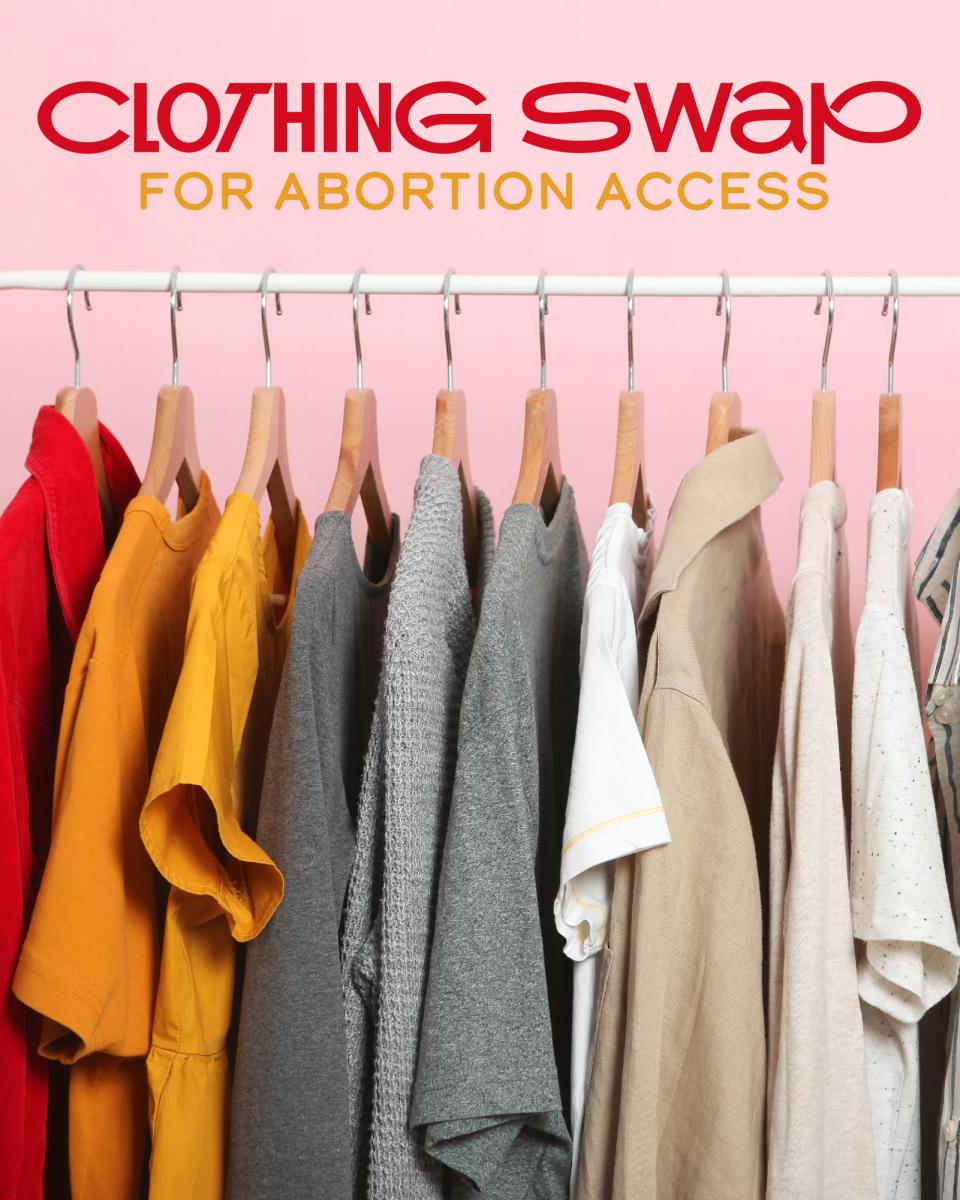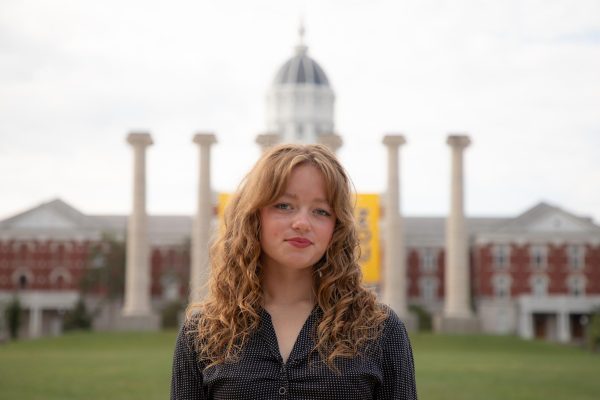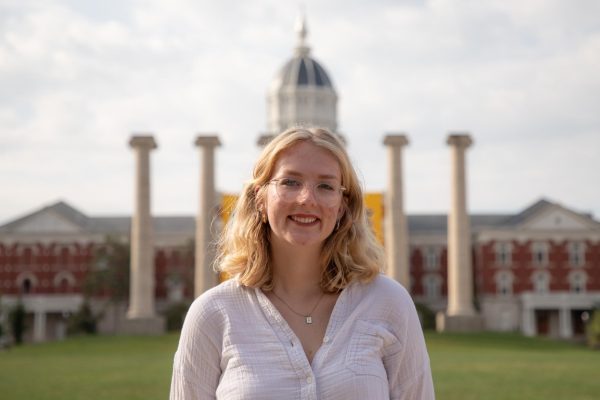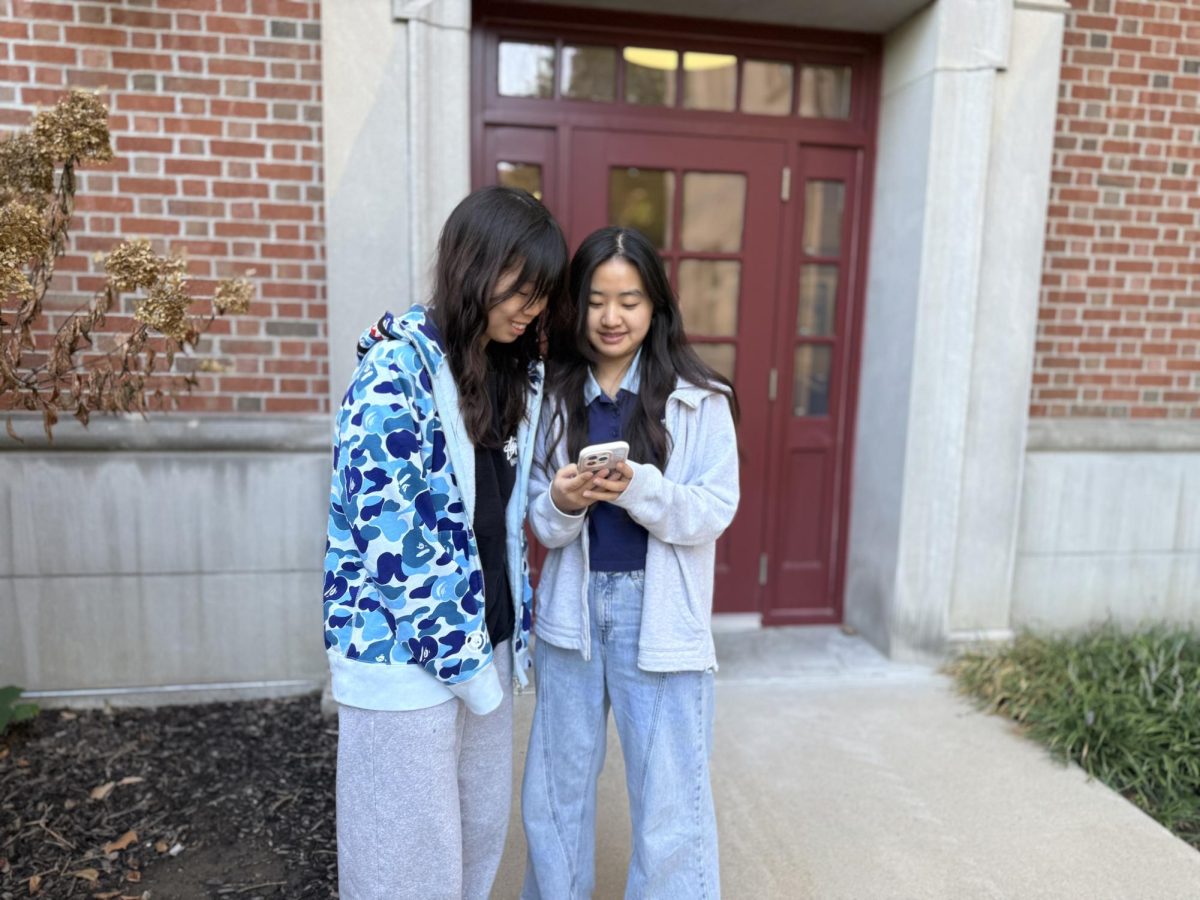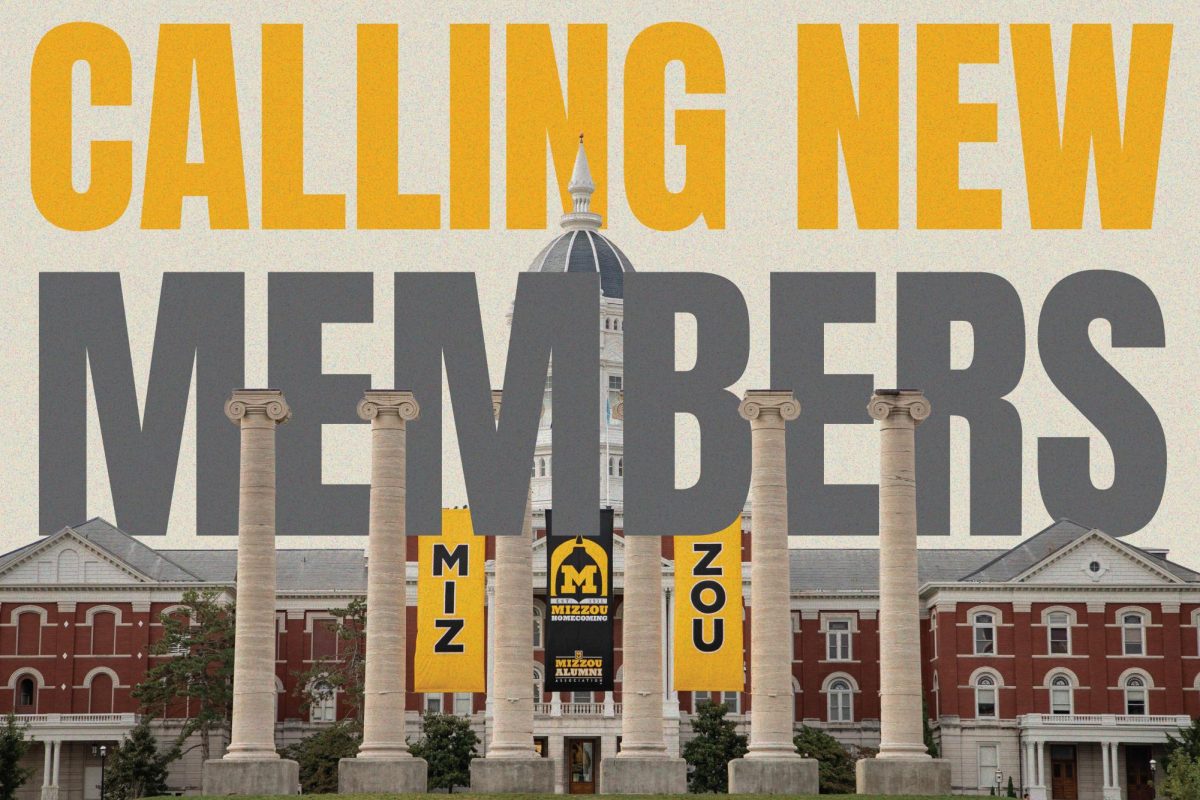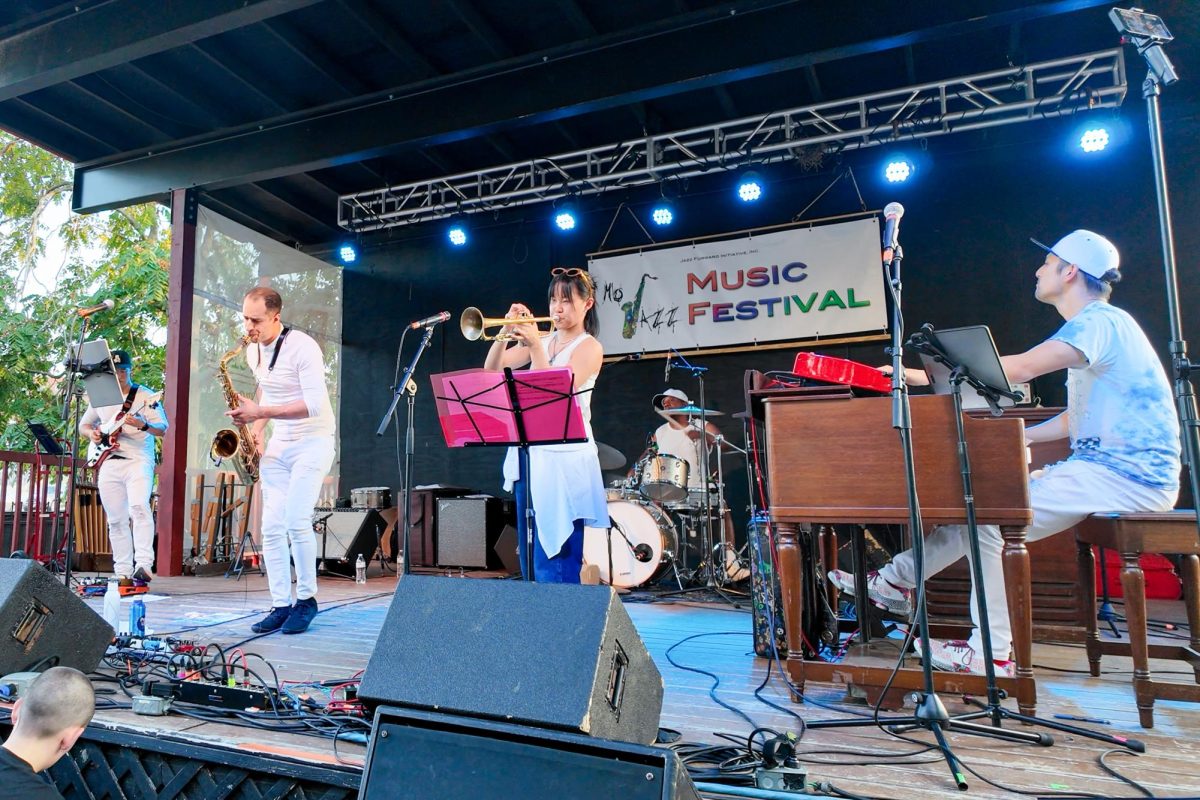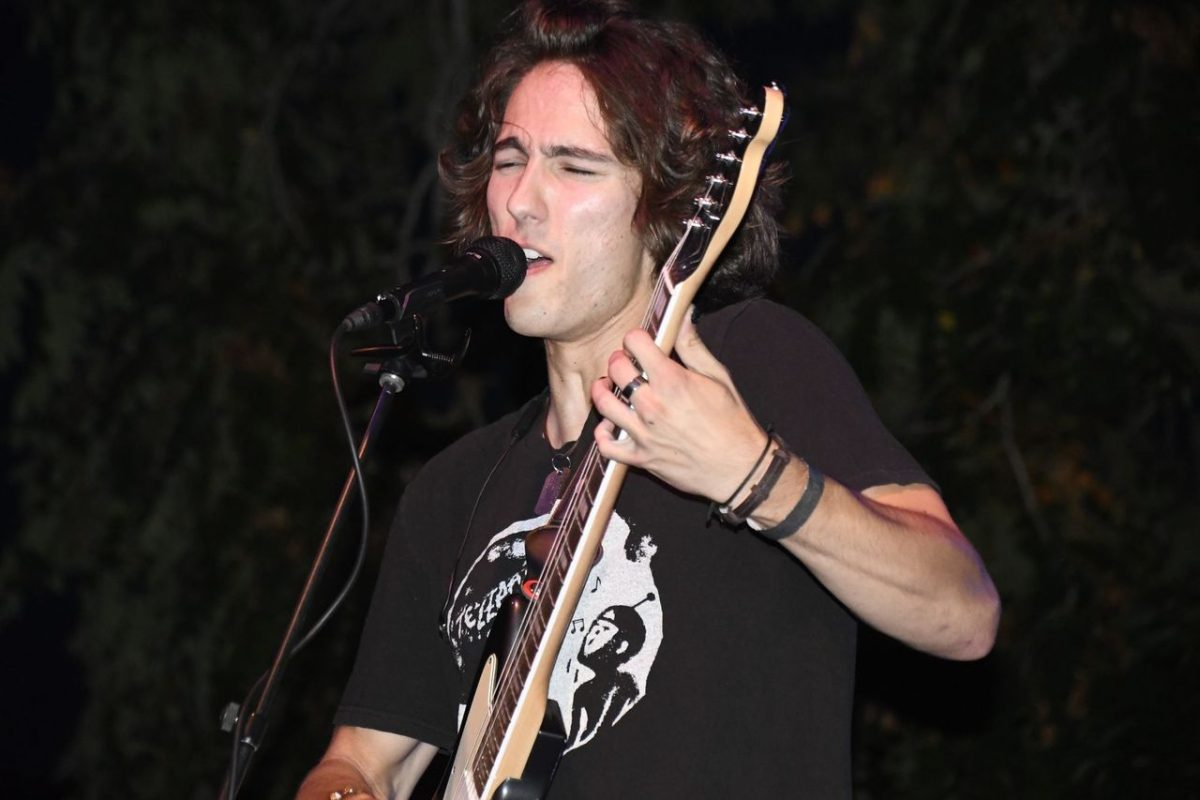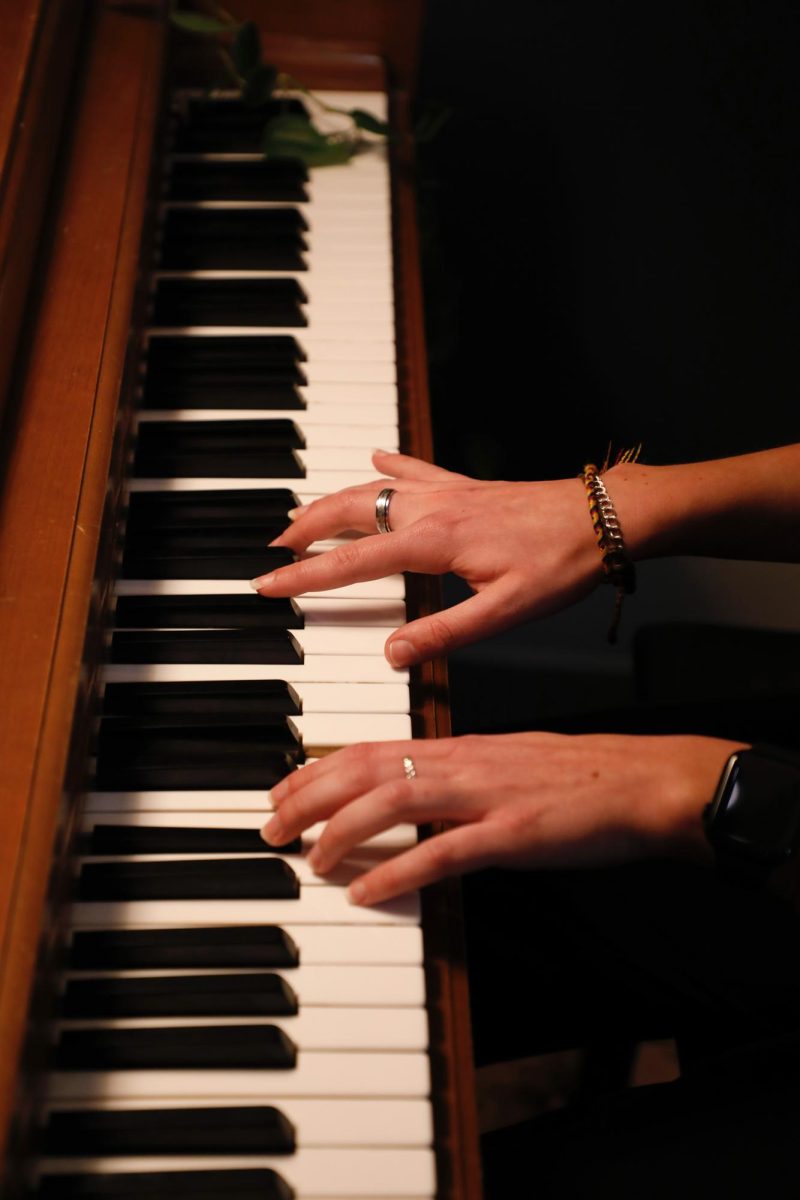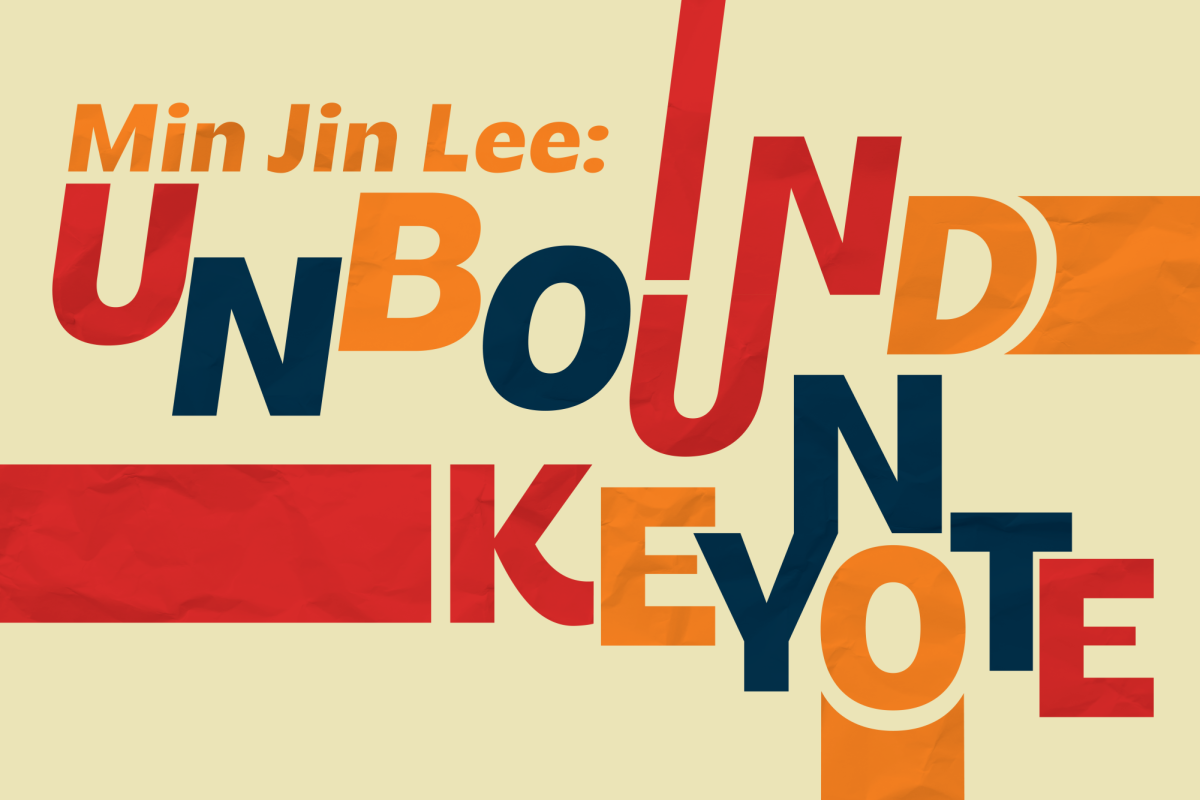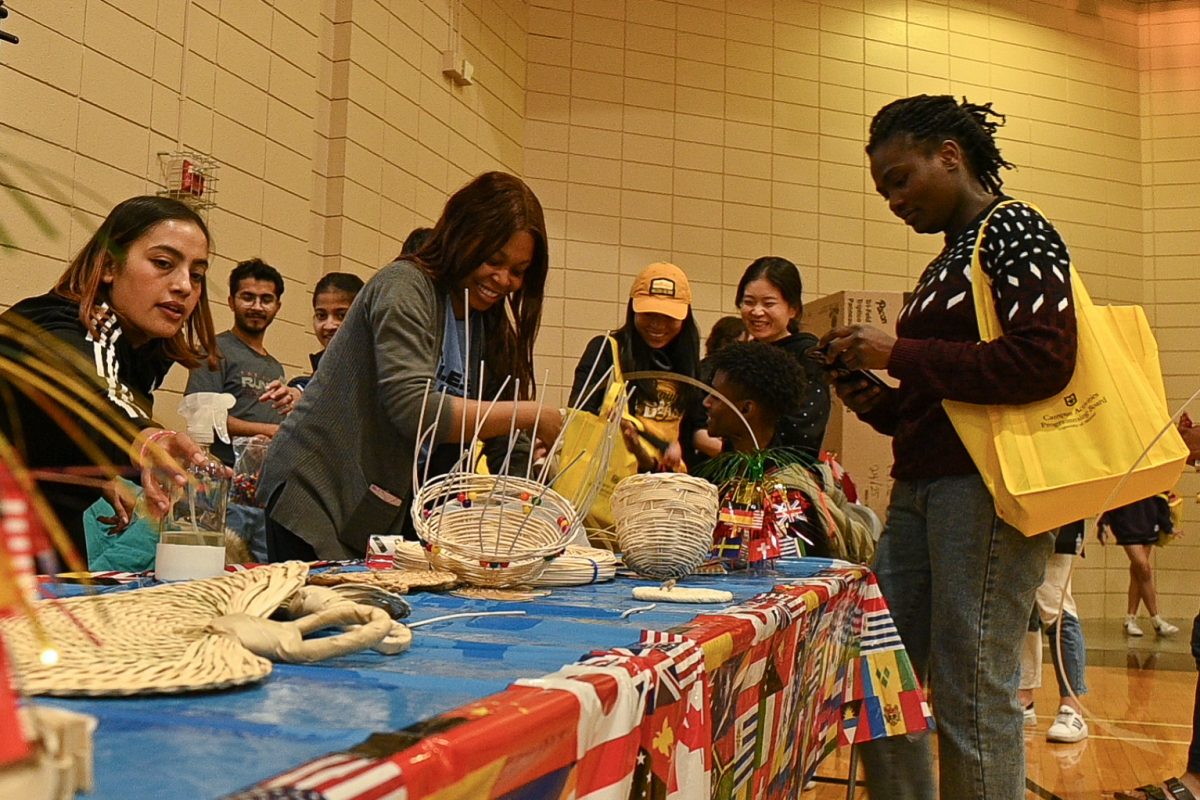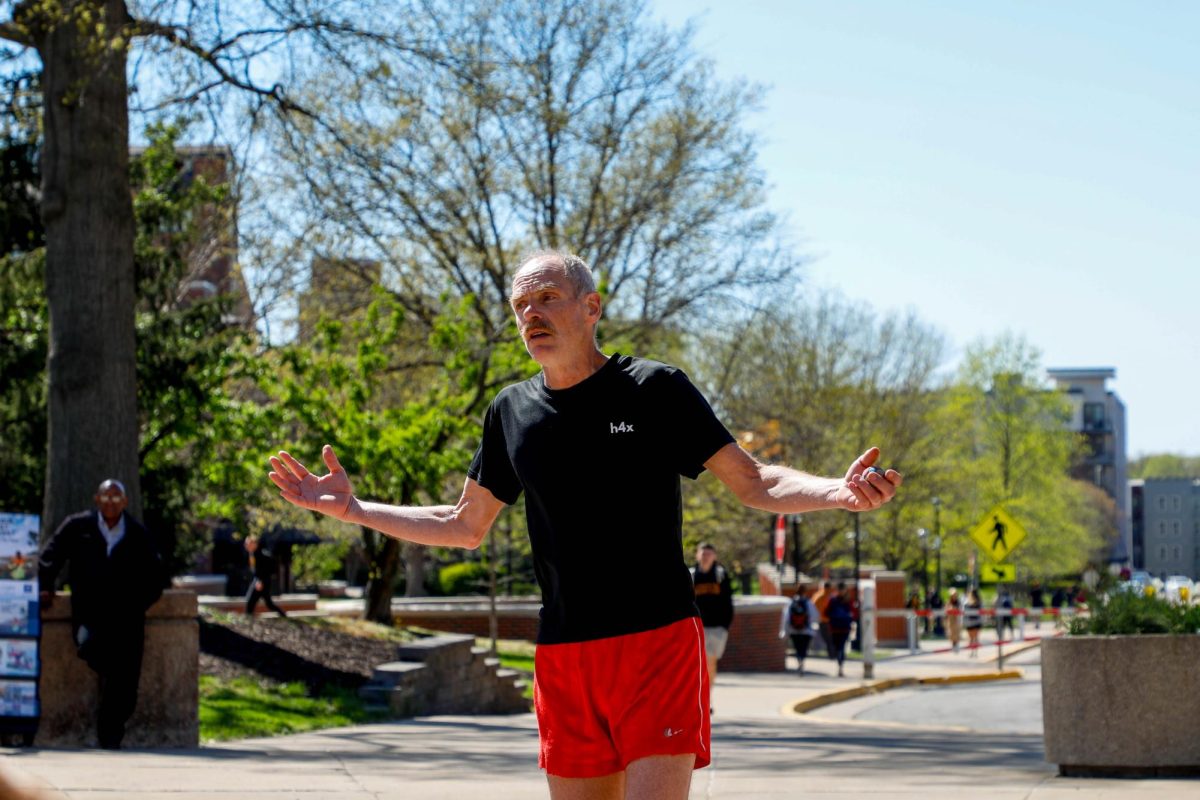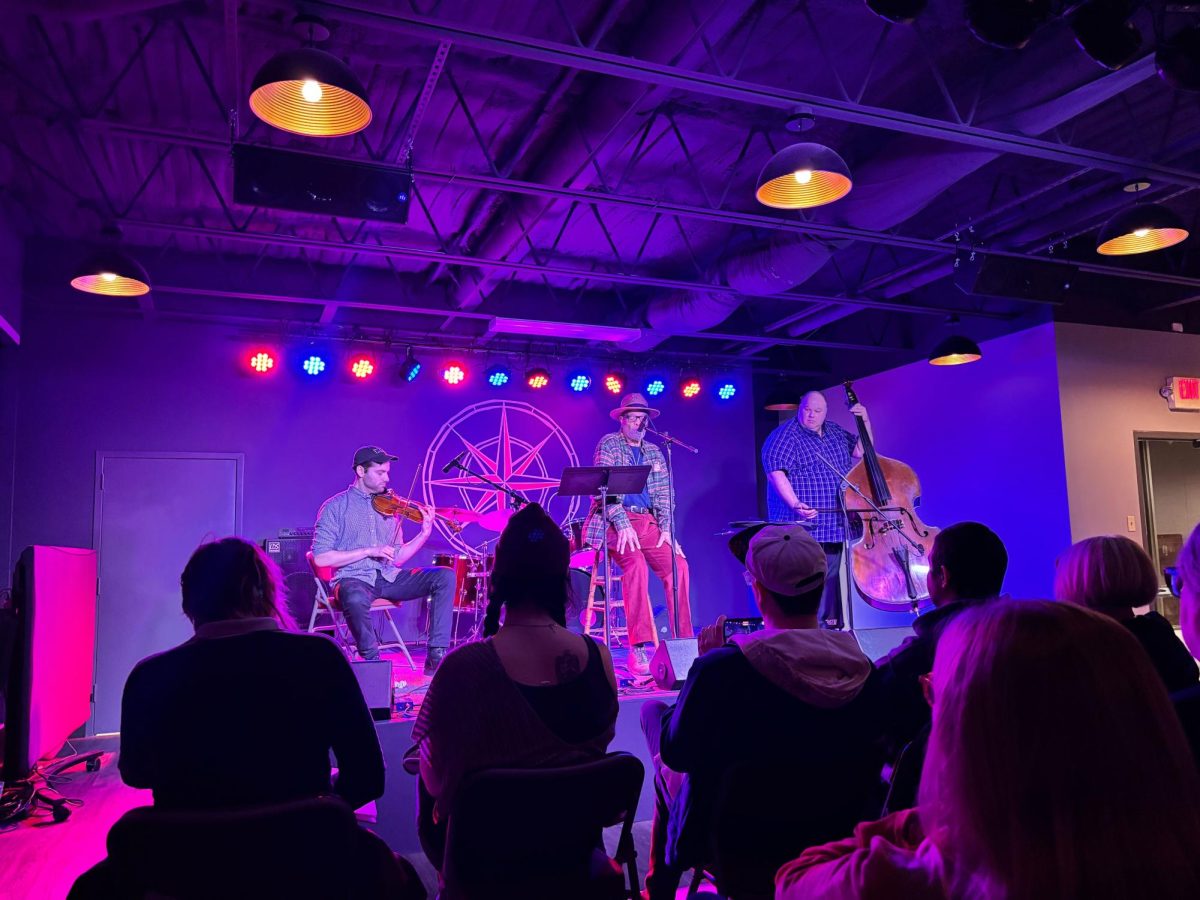On Nov. 5 of last year, Missourians voted to pass the 2024 Missouri Constitutional Amendment 3, which officially went into effect 30 days later. Among protections such as access to contraceptives, the law enshrines a pregnant person’s right to a legal abortion until “fetal viability” in the state constitution.
Missouri’s “Yes on 3” was monumental for a state that previously held intense restrictions on access to abortion and reproductive freedom in the United States. This contention could be part of why Amendment 3 was met with motions to repeal. One such motion was a Republican-backed piece of legislation presented to the Missouri House of Representatives in January 2025.
This proposed bill, which does not explicitly state in its ballot language that it would ban abortions and has gone through several iterations since its introduction, was voted up to the desk of the Republican-majority Senate on April 30. If passed, Missourians may find themselves re-voting on the legality of abortion by November 2026.
So, what does Missouri do? Should citizens feel betrayed by their elected officials who seek to undermine their voting decisions? Or should they instead celebrate a chance to reconsider a sensitive and personal voting measure?
Well, Missouri Abortion Fund has one mission amidst this push and pull: to increase access to safe abortions by localizing the issue and providing those in need with financial support.
Robin Frisella, who works as the community engagement director for MOAF, said one of the biggest barriers to abortion access in Missouri is the healthcare expense. She explained that in Missouri, the cost of an abortion cannot be covered by private health insurance or Medicaid.
“I think one thing that gets left out of conversations when we’re talking about abortion is that legality does not always equal access,” Frisella said. “If someone cannot afford to pay for their abortion, they’re not going to be able to get it.”
Inspired by this, MOAF hosted a Clothing Swap for Abortion Access fundraising event in downtown Columbia on Saturday, May 3. All proceeds collected from ticket sales, MOAF merchandise purchases and extra donations went to MOAF. The event called on Columbia community members to donate gently-worn clothing items in the weeks prior, which event volunteers then organized into a thrift store-esque pop-up.
Community organizer of the clothing swap, Barbie Banks, said her inspiration to volunteer for organizations like MOAF is rooted in her passion for education on reproductive healthcare and increased access to it statewide.
“I mean, I knew Columbia as this little blue dot in the middle of a sea of red, but I didn’t expect, when we opened donations for people to drop off clothes, how much people were going to donate,” Banks said. “Just anything that we needed, people were willing to do.”
According to Frisella, Columbia’s clothing swap was one of the largest events MOAF has ever been involved in, signaling a possible need for abortion resources in Columbia and the greater mid-Missouri area, as well as support for MOAF’s cause.
“I think because St. Louis tends to be a hub for a lot of abortion organizations …,” Frisella said. “So for [MOAF] to come here and see the community come out like this, it just reminds us of how much we need to make a better effort to make sure that we’re in different parts of the state.”
The large turnout was especially notable in light of a promise made by the National Network of Abortion Funds as part of its annual spring Fund-A-Thon: to match every donation collected by state abortion funds.
“We were able to raise over $5,000,” Banks said. “It was matched, so over $10,000 going to the Missouri Fund because of people getting together and shopping.”
This momentum was immediately identifiable upon entering the event. Entrance to the fundraiser was granted with the purchase of a ticket, and attendees were able to peruse the enormous selection of second-hand clothing.
A DJ was set up next to the shoe display, pumping out art pop and house music tracks that floated out the door, extending a welcoming hand to passersby. There was no doubt that Frisella and Banks had succeeded in turning an old warehouse into a safe, celebratory space.
This feeling of security stood out to attendee Sarah Alvarez, who expressed the cultural significance of Columbia coming together in solidarity for abortion rights.
“It’s just amazing to know that there’s, like, people that you’re in direct community with that support you and your experiences and your rights, no matter what they look like, no matter what background you’re from,” Alvarez said. “Like, I think we all have that in common, which is really humbling, you know, to see the turnout.”
Cross-generational unity was a core theme of the Clothing Swap for Abortion Access — from Alvarez, a graduate student at the University of Missouri, to event attendee Arin Liberman, who was one of the several women who attended the event with a child.
For Liberman, the clothing swap functioned as more than just a fundraiser. It was an opportunity to engage in open, age-appropriate conversations with her child about the importance of reproductive healthcare.
“I think it’s a really important part of education to, you know, especially for young female bodies who can get pregnant, to understand what limitations there are currently for us…,” Liberman said. “I think kids are part of our community and doing that community engagement work should involve them as they can understand and engage.”
Community engagement took center stage at the Clothing Swap for Abortion Access, underscored by a prevailing feeling of hope. The atmosphere was not somber or anxious, but rather energized and motivating.
Event volunteer and co-organizer Ellen Young said the Clothing Swap for Abortion Access helped make necessary information and resources more readily available to the community because of how low the barrier to entry was.
“You don’t have to have some job title or be some huge community activist to make a difference,” Young said. “And I think if that’s anything anybody could take away, then we just need to keep that as part of the momentum.”
The Clothing Swap for Abortion Access event worked to reframe the fight for reproductive justice in Columbia as pressures from the state legislature threaten to overhaul current legal freedoms. This resistance does not exist despite Republican lawmakers hungry for reproductive control, it exists because this place is home to passionate people who believe in the power of the right to choose.
Edited by Mikalah Owens | [email protected]
Copy edited by Claire Bauer and Natalie Kientzy | [email protected]
Edited by Emilia Hansen | [email protected]
Edited by Emily Skidmore | [email protected]


